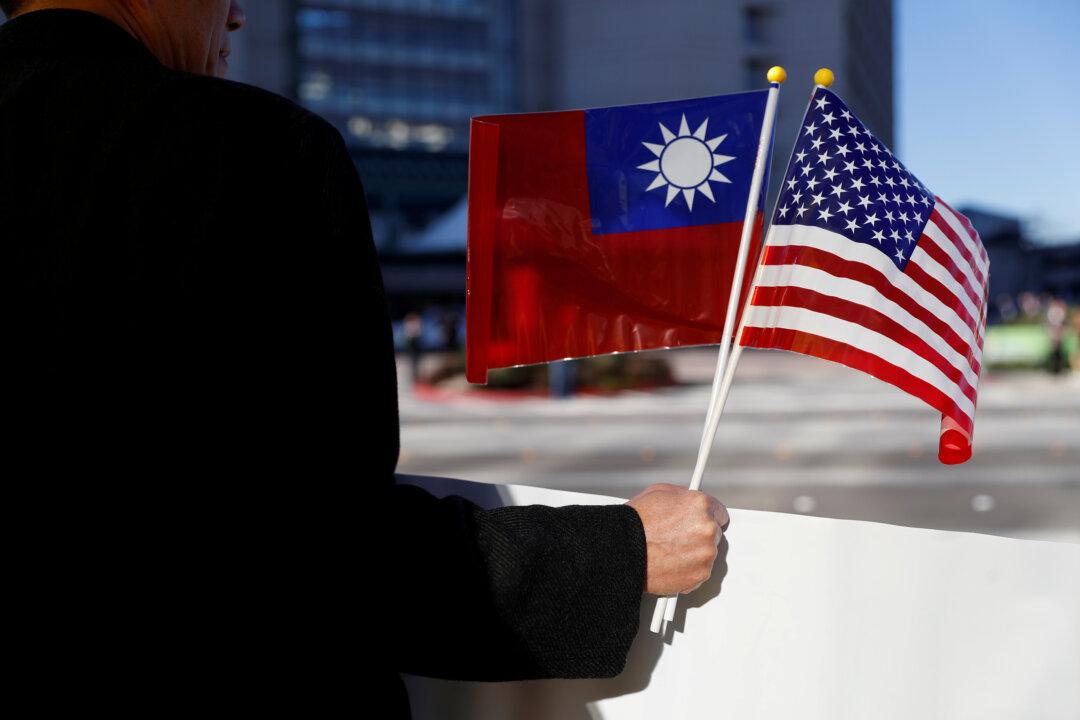A group of congressional lawmakers has introduced a resolution that urges the Biden administration to end the United States’ “One China Policy” as outdated and counter-productive and formally recognize Taiwan’s status as an independent nation.
Rep. Tom Tiffany (R-Wis.) led 18 other Congress members on Jan. 25 in introducing the measure, which seeks to resume formal diplomatic relations with Taiwan.





